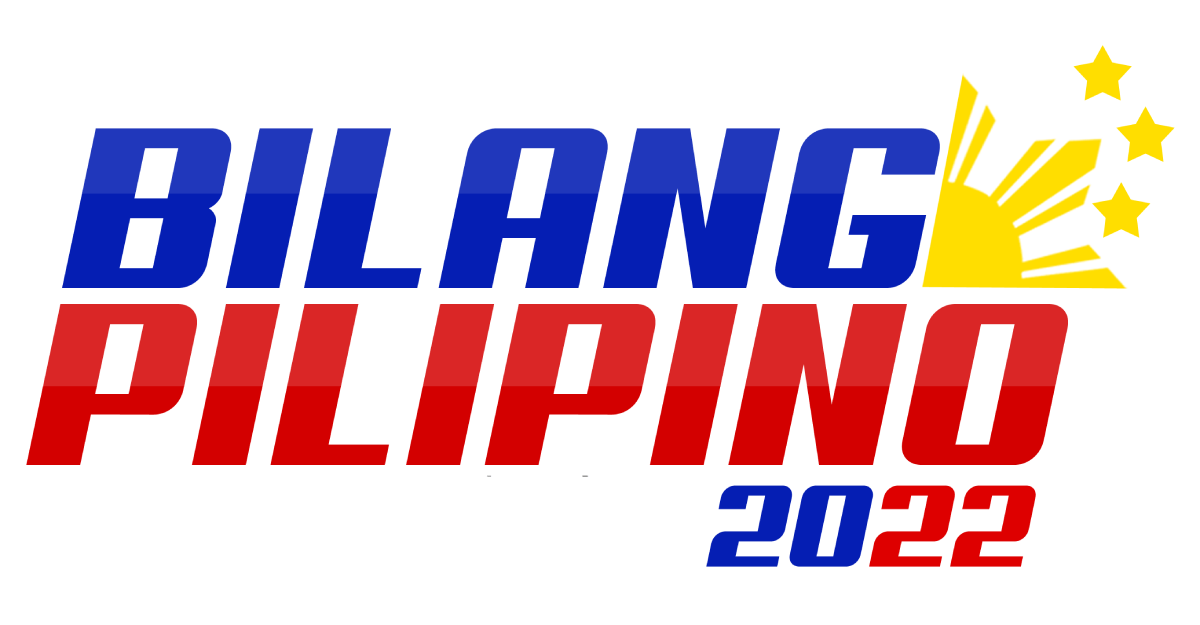UP School of Statistics calls out 'kalye surveys' and ‘suspicious online surveys’ with unclear methodologies

Have you ever seen posts on Facebook asking netizens to hit "like" if Leni Robredo is your preferred presidential bet, "love" if Bongbong Marcos, "care" if Isko Moreno, etc.? What about 24-hour polls on Twitter asking who would you vote for in the May elections?
In a Feb. 21 statement titled "On the Proliferation of Surveys with Unclear Methodologies", the University of the Philippines School of Statistics (UPSS) called out the "pervasive abuse of survey methodologies by some entities doing their own brand of research, and promoting them in social media."
We are dismayed by their cavalier disregard for the principles of data gathering.
The UPSS cited as examples "kalye surveys being done by some vloggers and suspicious online surveys, especially on Twitter and Facebook."
"We are dismayed by their cavalier disregard for the principles of data gathering. We also witness PR companies, private individuals, and even some media organizations publishing results of surveys with unclear methodologies," the statement read.
The UPSS noted that actual surveys reveal facts, beliefs, sentiments, and opinions "based on a representation of the population."
UPSS noted that surveys reveal "facts, beliefs, sentiments, and opinions based on a representation of the population." But sampling strategies, UPSS said, "can generate bias in the data collected in surveys." This happens for instance when the sample tends to favor a segment of the population.
We also witness PR companies, private individuals, and even some media organizations publishing results of surveys with unclear methodologies.
UPSS urged the public to be critical of surveys they see online.
"Biased methodologies will only give biased results. Thus, we call on the public to be critical of surveys in this respect. Do not immediately accept survey results as they are. Be mindful if the sample is of appropriate size based on, but not limited to, a target margin of error, level of confidence, and nature of the target population," said UPSS
"How was the sample selected? Which sectors of the population, if any, are being represented? What events surround the period of data gathering?" the UPSS asked.
"When facing an interviewer, was the respondent interviewed in a neutral yet professional tone? What are the control mechanisms implemented to ensure accuracy of the protocols in data collection?"
The UPSS said it will be "vigilant" in fighting for the ethical practice of statistical science.
"We aspire for a statistically literate country that uses surveys for illumination and sound decision-making," it said.


